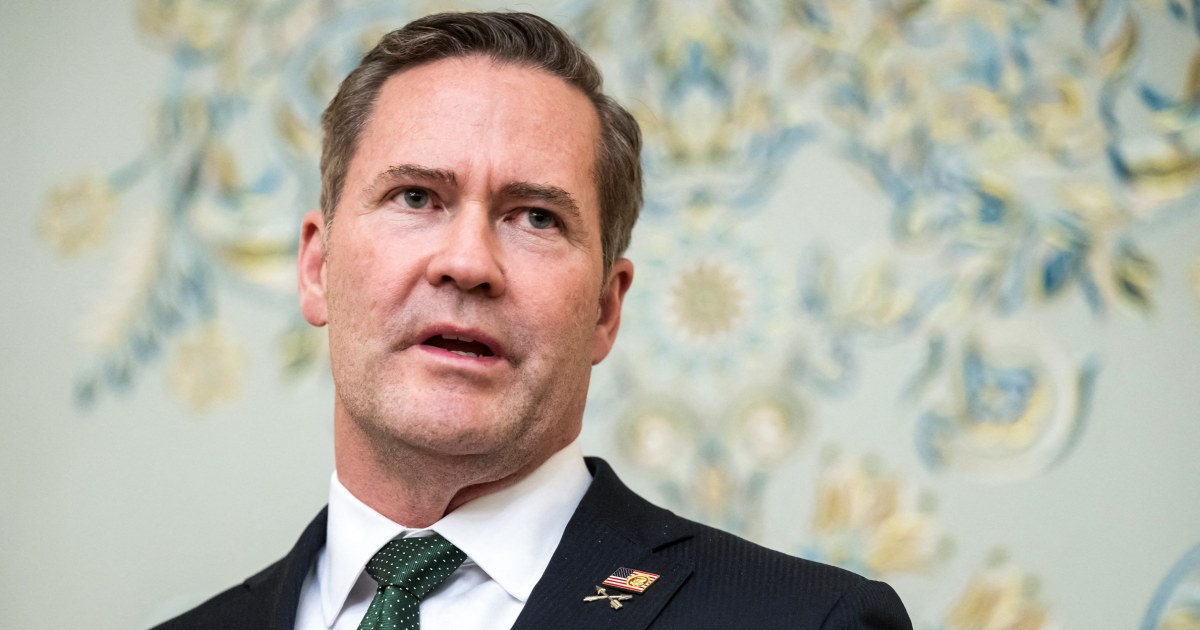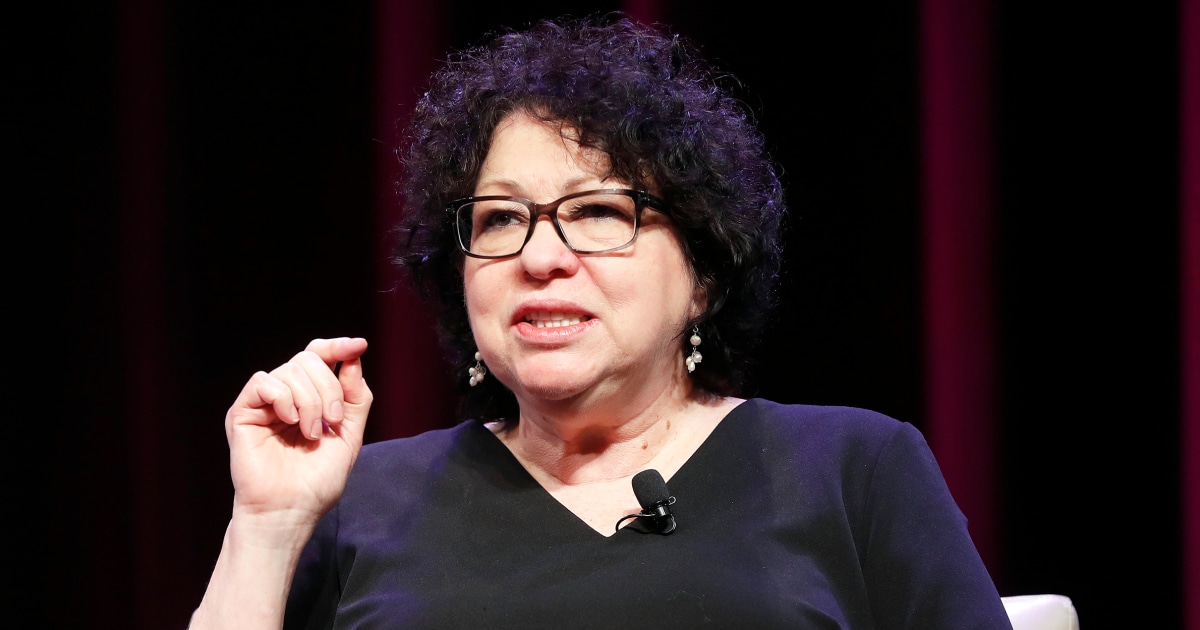The White House said Monday it was reviewing how the editor-in-chief of The Atlantic magazine could have accidentally been added to a group text where people who appeared to be members of President Donald Trump’s administration discussed plans to launch airstrikes against Houthi militants in Yemen.
“At this time, the message thread that was reported appears to be authentic, and we are reviewing how an inadvertent number was added to the chain,” the National Security Council said in a statement to NBC News.
The statement came in response to an article published Monday by The Atlantic’s Jeffrey Goldberg, a veteran national security and foreign affairs journalist. Goldberg reported he had been added to a group chat called “Houthi PC small group” on March 13 via Signal, an encrypted messaging service widely believed to be more secure than other commercial texting applications.
In the article, Goldberg described his initial skepticism, recalling that he discussed with colleagues whether the texts were “part of a disinformation campaign, initiated by either a foreign intelligence service, or, more likely, a media-gadfly organization” seeking to embarrass journalists.
Goldberg reported that he went on to receive a series of messages on Signal that appeared to come from Vice President JD Vance, Secretary of Defense Pete Hegseth, Secretary of State Marco Rubio, National Security Advisor Michael Waltz and other prominent officials in the Trump administration.
Goldberg quoted from the discussion and The Atlantic published screenshots of the Signal thread. He said he had decided not to report information related to the actual military plans that could potentially damage national security.
Goldberg reported that the user labeled “Michael Waltz” celebrated the launch of a series of airstrikes against the Houthis on March 15 at 1:48 p.m. ET, seven minutes before Goldberg checked X and saw that explosions were being heard across Sanaa, the capital city of Yemen.
“The thread is a demonstration of the deep and thoughtful policy coordination between senior officials. The ongoing success of the Houthi operation demonstrates that there were no threats to our servicemembers or our national security,” the National Security Council said in its statement.
Goldberg reported that he exited the Signal group after he personally concluded it was “almost certainly real.”
“No one in the chat had seemed to notice that I was there. And I received no subsequent questions about why I left—or, more to the point, who I was,” Goldberg wrote.
In the article, Goldberg reported that a Signal account labeled “JD Vance” appeared to push back on the airstrike plans, saying in part: “I think we are making a mistake.” The same account later replied to a user identified as “Pete Hegseth” and said: “if you think we should do it let’s go.”
In a statement to NBC News, Vance’s office said the vice president’s “first priority is always making sure that the President’s advisers are adequately briefing him on the substance of their internal deliberations.”
“Vice President Vance unequivocally supports this administration’s foreign policy. The President and the Vice President have had subsequent conversations about this matter and are in complete agreement,” the vice president’s office said.
Trump claimed he had no knowledge of the matter, telling a reporter in the Oval Office on Monday: “You’re telling me about it for the first time.”









